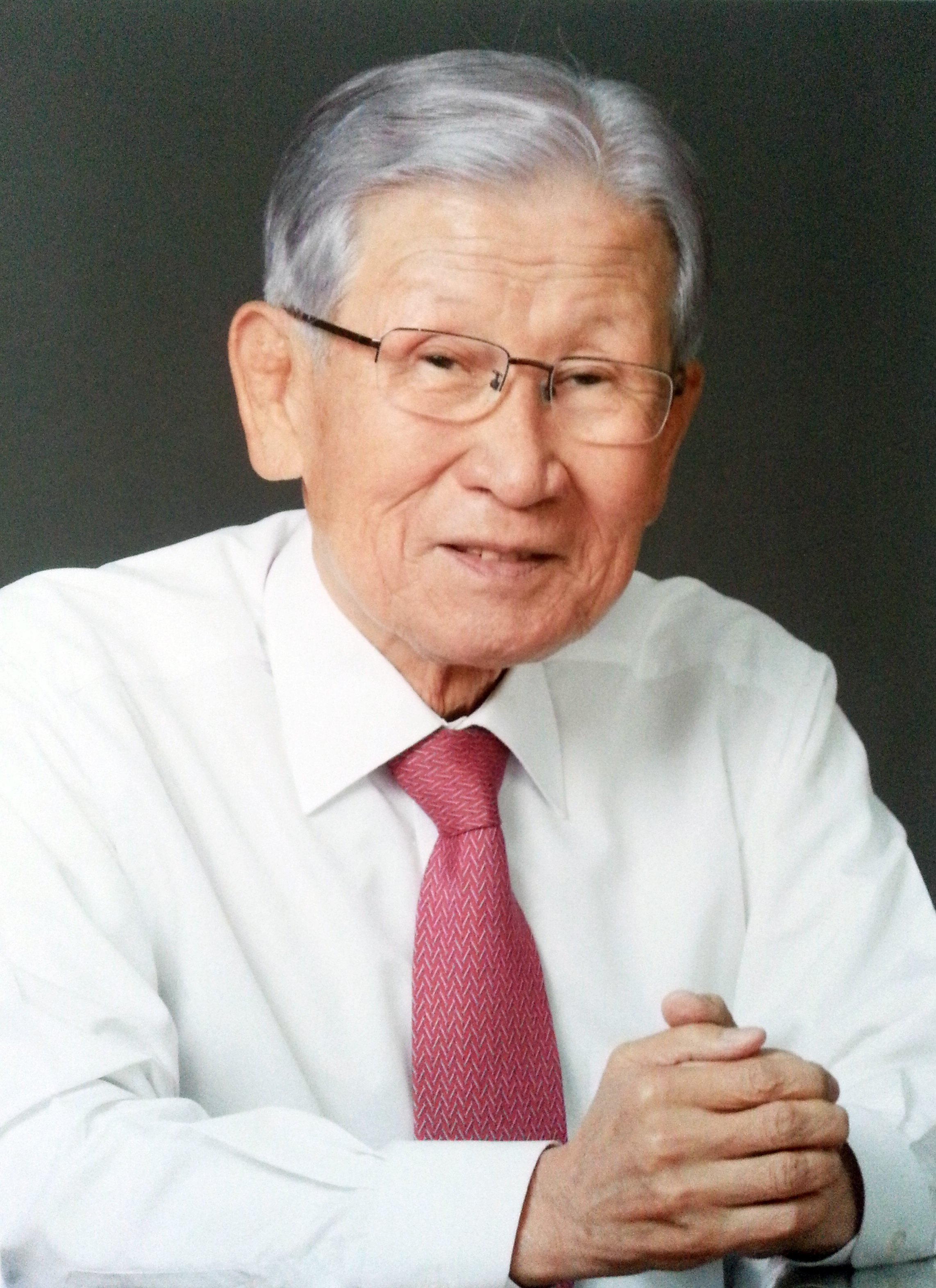Touching Tomorrow atPukyong National University
NEW BEGINNING, NEW INSPIRATION
Pukyong Today List
| Former President of PKNU Interviewed on Chosun Daily Newspaper | |||
| WRITER | Department of External Cooperation | WRITE DAY | 2016-04-22 |
| COUNT | 935 | ||
| Former President of PKNU Interviewed on Chosun Daily Newspaper | |||||
 |
Department of External Cooperation |  |
2016-04-22 |  |
935 |
|
Former President of PKNU Interviewed on Chosun Daily Newspaper
Korea and Japan made a joint application to register documents recording the activities of the so-called "Joseon Tongsinsa" on the UNESCO Memory of the World. Among the nominated materials encompassing diplomatic documents, travel records and cultural exchange records in relation to 12 diplomatic goodwill missions dispatched from Korea’s Joseon Dynasty government to Japan’s Tokugawa Shogunate government during 1607-1811, a hundred and eleven documents (333 items) were applied. And he was director of the Joseon Tongsinsa Research Council of Korea. Details about Joseon Tongsinsa are contained in the newspaper. Joseon Tongsinsa’s ‘Tongsin’ means ‘to exchange trust.’ These cross-cultural exchanges based on mutual respect and the principle of sincerity and friendship started in 1428, but had been severed due to the invasion of Korea ordered by Toyotomi Hideyoshi (Japan’s ruler) in the late 16th century. The two countries signed a peace treaty in 1607, and since then, the court of the Joseon Dynasty sent the envoys to Japan’s leaders on twelve different occasions. As they traveled via sea and over land, one journey took between 12 to 18 months. To the question “It’s interesting that two countries actually cooperated to apply for the registration. Whose idea was that?” the former president answered “I spoke about the importance and value of Joseon Tongsinsa in the world history at the dinner party of Japan’s Shimonoseki festival in 2006, and they agreed on the necessity of applying for UNESCO listing.” It was no one but his own idea. Answering to another interview question “Can’t Joseon Tongsinsa be considered to show the dominance of Japan in the relations with Korea of the time as we can suppose in the case of Joseon sending envoys to China as a way of expressing the respect?” he said, “Sin Yu-han, who went on one of the journeys in 1719, wrote in his travel diary that ‘it was such a pain because there was no time for us to rest. The Japanese people lined up outside our lodgings one after another to receive poems and calligraphy pieces.’ They were one popular Korean culture abroad, a kind of present-day Hallyu.” “Travel expenses were covered by the Japanese people when the envoys were inside their territory, which implies that their demand was great. On the way to and from Edo, the ambassadors and retinue were hosted by the feudal lords of various domains in Japan. It cost almost the same amount of money as the entire yearly budget of the shogunate government.” The application documents were submitted to UNESCO on 30 March. The article illustrated the significance of the application by mentioning “despite indifference of the media,” “two countries clashing over the past history cooperate over the past history.” Then what’s the connection between him and Joseon Tongsinsa? According to the article, the former president Kang studied poetic theory in the university. He traveled to islands in the western and the southern sea for 20 years to research the emotional background and origin of the Korean poem investigating orally handed down songs, folk tales and shamanism. In line with this, he also visited Tsushima, the Joseon Tongsinsa’s first arrival city in Japan. Together with the then-mayor of Busan Ahn Sang-young, the then-assemblyman for the Hannara Party Yoo Heung-soo, the then-president of the Busan Ilbo Kim Sang-hoon, they agreed on promoting Joseon Tongsinsa as a cultural asset of Busan. Kang, as the director of Joseon Tongsinsa Cultural Business Council, initiated the first Joseon Tongsinsa festival in 2002, and the festival continues to be held every year, until now, on the first Saturday of May. Since 2002, he has worked relating to this Joseon Tonsinsa for 15 years. He said in the interview, “First I thought I would take this job only for a while, but it’s been 15 years in a blink of an eye. Now the job is almost finalized, so it’s time to hurray and step back.” His twists and turns throughout the years and also great feelings to complete the huge project are all found in his words. However, it doesn’t seem that he would be able to have a good rest even after “hurraying and stepping back” from THE job. Kang, who surprised those around him when he started his literary career as a novelist in 2013 at his age of 75, said he was in the process of writing a new novel, about a man name Byeon Bak who visited Japan as a painter as well as member of Joseon Tongsinsa. He said he had written the story over 600 pages, but the file was accidently deleted from the computer, which made him write the story all again. He recently complained about the difficulty of creating literature, saying, “The rewritten story doesn’t satisfy me, I’m starting a completely new one.” Still, the question written in his Kakaotalk status, ‘What are you doing right now?’ has not changed. His life is far from the laziness, thereby dynamic. <Pukyong Today> |
.JPG)
